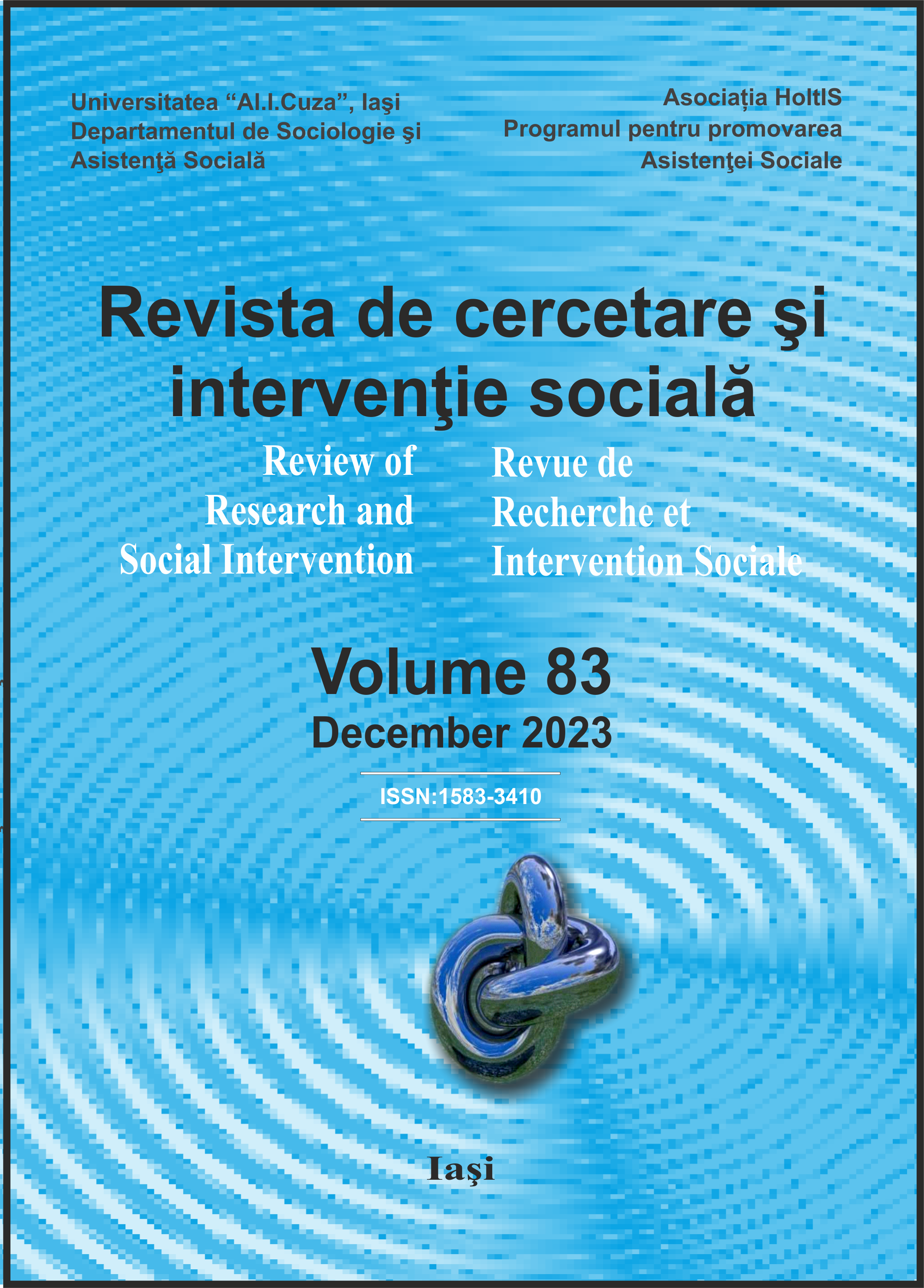Strengthening Cooperation between the Civilian and Military Sectors In the Context of State Security: Benefits and Challenges
Strengthening Cooperation between the Civilian and Military Sectors In the Context of State Security: Benefits and Challenges
Author(s): Rostyslav Shchokin, Oleksii V. SOLOVIOV, Ihor TANTSIURASubject(s): Social Sciences, Sociology, Methodology and research technology, Studies in violence and power, Policy, planning, forecast and speculation, Nationalism Studies, Victimology, Sociology of Politics
Published by: Expert Projects Publishing
Keywords: state; state security; civil-military relations; threats; dangers; military influence;
Summary/Abstract: The unleashing of the Russian Federation’s unprovoked and unprecedented war against Ukraine has led to significant risks, threats, and dangers in the socio-political and socio-economic spheres. The prevention and counteraction of these threats and dangers require strengthening state security and establishing close cooperation between the civilian and military sectors. The above indicates the chosen research topic’s exceptional relevance and grounds its advanced study’s expediency. This study aims to identify the issues of interaction between the civilian and military sectors in the context of state security and find ways to strengthen this interaction in the context of current challenges and dangers. General scientific methods of economic analysis and scientific knowledge form the methodological basis of the research. These methods include system analysis, synthesis, scientific abstraction, comparison, analogy, functional system approach, classification, graphical method, generalization, and systematization. The study findings show that the problems of interaction between the civilian and military sectors in the context of state security became particularly acute during the military aggression of the Russian Federation against Ukraine. They have significantly intensified after its full-scale invasion in 2022 and threaten the system of ensuring peace and security on a global scale. The authors have found that strengthening the interaction between the civilian and military sectors will enhance the defense capabilities of the Armed Forces of Ukraine and their ability to withstand the war challenges. The greatest need for civil-military cooperation has been identified in such regions of Ukraine as Dnipro, Kharkiv, Donetsk, Zaporizhzhia, Kherson, and Mykolaiv. Moreover, it has been found that the largest volumes of humanitarian aid and civil defense are directed to meet food and subsistence needs ($236.2 million), as well as to cover the costs of housing and non-food items ($143.1 million). The authors prove the necessity of adhering to the principles of military mission priority when civilian and military sectors interact to accomplish their tasks. The main directions for strengthening the interaction between the civilian and military sectors have been proposed. They include adopting the experience of civil-military relations units in NATO peacekeeping operations, improving the national system of civil-military relations and the structure of civil and military sector authorities, as well as ensuring the formation of appropriate conditions for the rapid achievement of goals during military operations.
Journal: Revista de Cercetare şi Intervenţie Socială
- Issue Year: 2023
- Issue No: 83
- Page Range: 155-170
- Page Count: 16
- Language: English

